Indonesia boasts a rich tapestry of cultures and traditions, with over 300 ethnic groups and a blend of indigenous beliefs, world religions, and colonial influences. This diversity gives rise to numerous vibrant festivals in Indonesia celebrated throughout the year. These events are more than just celebrations—they are living traditions passed down through generations, preserving ancestral wisdom and fostering community unity. From festivals tied to agricultural cycles to those blending religion and folklore, each one reflects Indonesia’s unique cultural identity. For travellers and cultural enthusiasts, these festivals offer a vivid glimpse into the heart of Indonesia’s true spirit.
9 Must-Experience Festivals In Indonesia
From Hindu ceremonies in Bali to Islamic parades in Java and tribal rituals in Papua, famous festivals in Indonesia reflecting each region’s unique spiritual identity.
1. Nyepi (Balinese Day Of Silence)
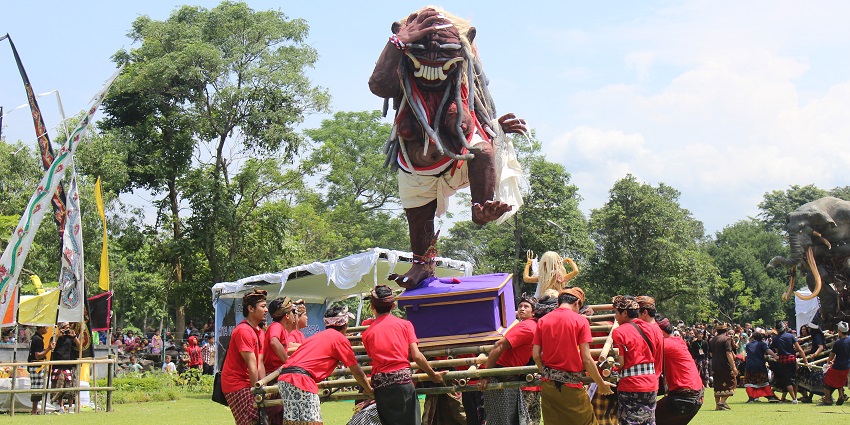
Photo: FaizAttariqi / Wikimedia Commons
Nyepi is a truly unique celebration, observed only in Bali, where an entire day is devoted to silence and self-reflection. It begins with vibrant rituals like the Ngerupuk parade, where towering Ogoh-Ogoh statues are paraded to drive away negative spirits. The following day, all activity halts—no flights, no traffic, and minimal lights. Locals fast and meditate, and even tourists must observe the customs. This rare observance offers an extraordinary, peaceful experience unlike any other in the world which makes it one of the popular festivals in Indonesia.
Location: The Entire island of Bali
Celebrated On: March (based on the Saka calendar)
Key Activities: Ogoh-Ogoh parades, 24-hour silence, spiritual reflection
2. Waisak (Vesak)
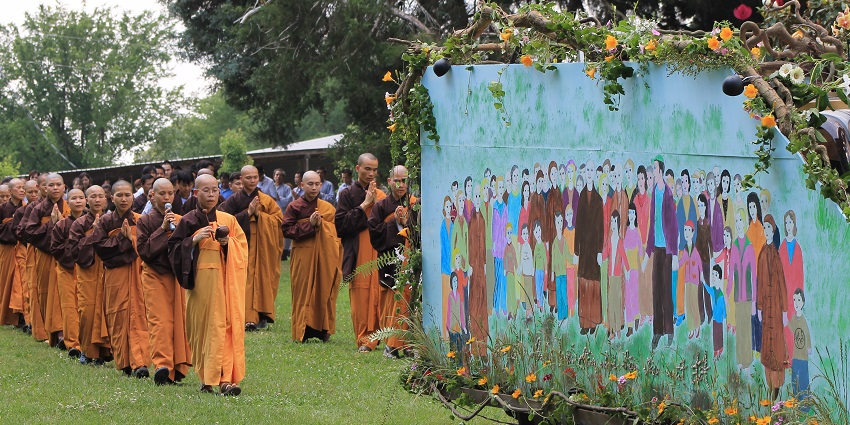
Photo: Boinghiem / Wikimedia Commons
Waisak is a solemn and majestic celebration of Buddhist devotion, centered at the magnificent Borobudur Temple in Indonesia. Thousands gather—monks, pilgrims, and visitors alike—to honor the Buddha’s birth, enlightenment, and passing. Quiet rituals unfold among the temple’s ancient stone reliefs, creating a deeply spiritual atmosphere. As dusk falls, lanterns are released into the sky, symbolizing spiritual liberation. This powerful moment draws not only devoted practitioners but also those seeking peace and connection in the shared stillness of this sacred occasion.
Location: Borobudur Temple, Central Java
Celebrated On: May (full moon in the Vaisakha month)
Key Activities: Lantern procession, chanting, silent pilgrimage
3. Baliem Valley Festival
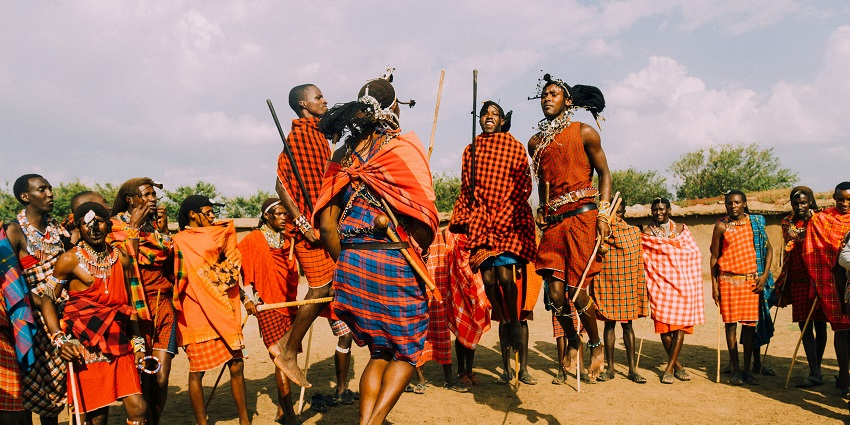
Photo: Degleex Ganzorig / Unsplash / Image For Representation Only
The Baliem Valley Festival is a unique celebration of tribal heritage in one of the most far-flung regions in Indonesia. Deep in the mountains and far from urban centres, this is where the highland tribes converge in Wamena to reenact conflicts of the past. It’s a fiercely visual pageant, where warriors in elaborate feathered headdresses, brandishing spears and shields, enact ritual combat choreography along with chanting and drumming. The valley’s isolated scenery brings a measure of authenticity to the experience, offering visitors a peek into cultural traditions that have remained largely unchanged for centuries.
Location: Wamena, Papua
Celebrated On: August
Key Activities: Mock tribal battles, dance rituals, cultural showcases
4. Pasola Festival
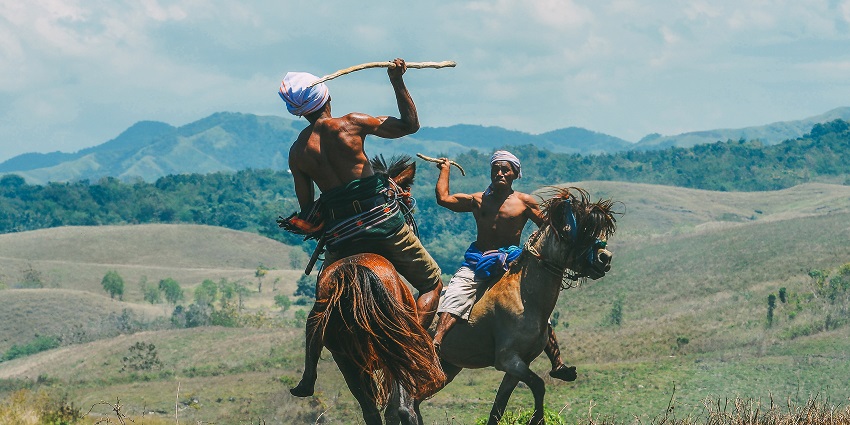
Photo: Fakhri Anindita / Wikimedia Commons
Pasola is a dramatic and sacred tradition from Indonesia’s Sumba Island, timed with the lunar cycle and local spiritual beliefs. Warriors on horseback charge at each other with wooden spears in ritual combat, symbolizing strength and ancestral honor. Before the event, elders perform ceremonies based on natural signs, such as the appearance of sea worms, believed to predict agricultural fortune. More than just a spectacle, Pasola unites communities through rituals, feasts, and shared reverence, where even injuries are seen as meaningful parts of tradition.
Location: West Sumba, East Nusa Tenggara
Celebrated On: February – March (based on Nyale season)
Key Activities: Ritual battles, horse riding, traditional ceremonies
5. Cap Go Meh
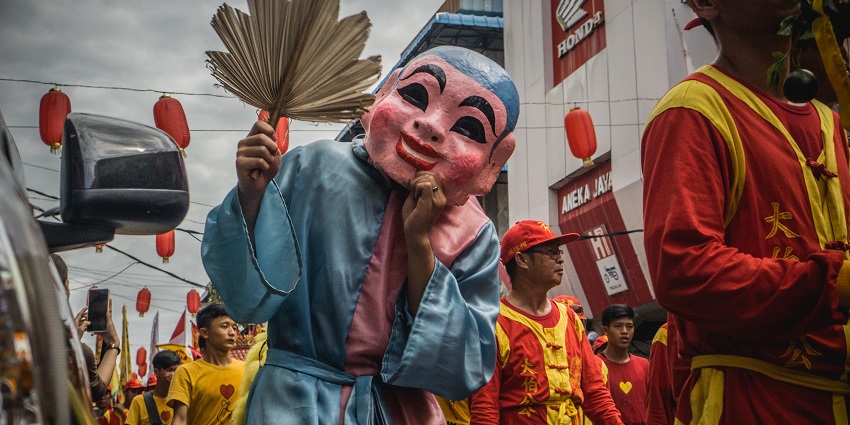
Photo: Liuzhary / Wikimedia Commons
Singkawang’s Cap Go Meh is a powerful blend of Chinese and Dayak traditions, turning the city into a deeply spiritual spectacle. At its heart is the Tatung parade, where spirit mediums enter trances and perform astonishing feats like walking on blades or self-piercing, believed to be protected by divine forces. The atmosphere is solemn and reverent, not celebratory. Rituals begin days in advance with temple offerings, ancestor worship, and spiritual cleansing, making this festival a unique expression of Singkawang’s rich syncretic culture.
Location: Singkawang, West Kalimantan
Celebrated On: 15th day after the Chinese New Year
Key Activities: Tatung parade, dragon dances, temple processions
6. Grebeg Maulud
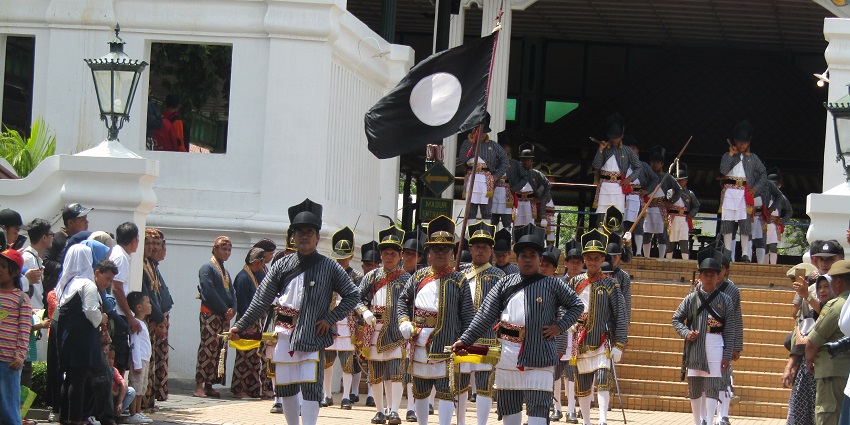
Photo: RaFaDa20631 / Wikimedia Commons
Grebeg Maulud in Yogyakarta is a grand royal procession that celebrates the Prophet Muhammad’s birthday with deep cultural and spiritual significance. Beginning at the Sultan’s palace, guards, musicians, and officials carry cone-shaped offerings called gunungan, crafted from crops, to the city square. These offerings symbolize blessings and are eagerly received by the public. Accompanied by traditional gamelan music, the event blends royal tradition, Islamic devotion, and local identity, creating a unique and vibrant celebration etched into Yogyakarta’s shared cultural memory.
Location: Yogyakarta Palace, Central Java
Celebrated On: Rabi’ al-awwal (Islamic calendar)
Key Activities: Palace procession, gunungan distribution, gamelan music
7. Toraja Funeral Festival (Rambu Solo’)
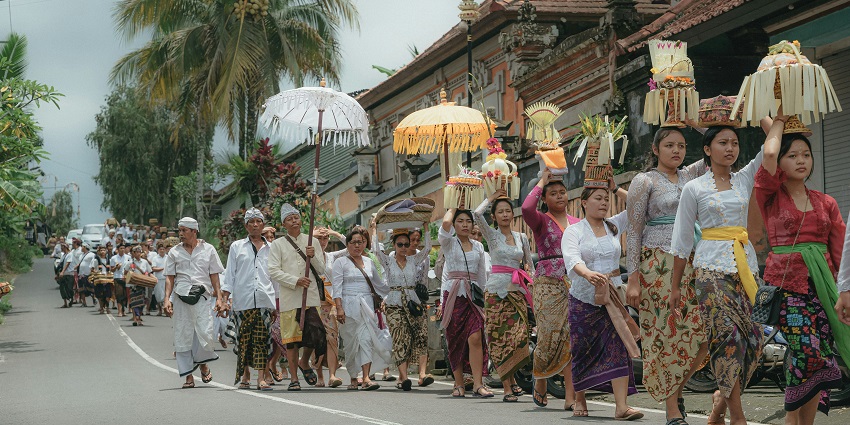
Photo: Krisna Yuda / Unsplash / Image For Representation Only
Rambu Solo constitutes a complex series of rites used to bid farewell to the deceased, performed by the Toraja with extreme dedication. The ceremonies take place over several days and involve elaborate traditions, from carving wooden sculptures to building temporary ceremonial structures. The scope and elaborateness of the rituals echo the interests of the deceased, and the whole village usually shows up. More than mourning, the festival is a cultural affirmation and a celebration of the journey from earthly life to spiritual life, as well as the Torajan acknowledgement that death is not an end but rather a continuation.
Location: Tana Toraja, South Sulawesi
Celebrated On: Varies (often June – August)
Key Activities: Ancestral rituals, funeral dances
8. Dieng Culture Festival
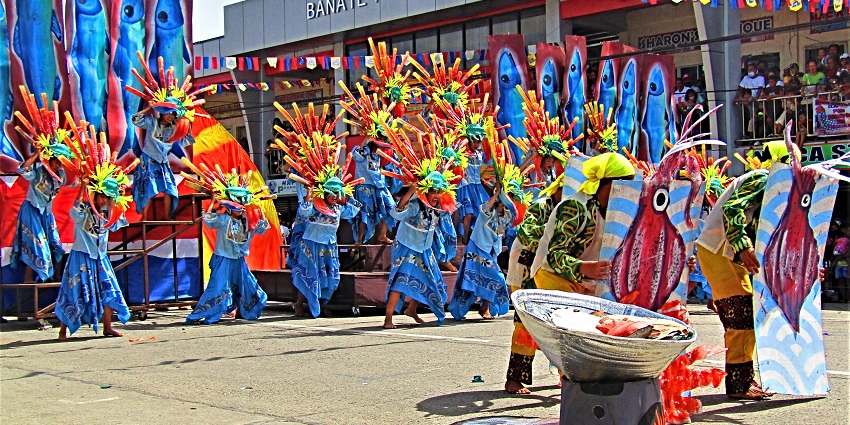
Photo: Dandy1022 / Wikimedia Commons / Image For Representation Only
Up in the misty hills of Dieng, this festival revolves around a rare local occurrence. Here, the children born with naturally coiled hair are thought to be spiritually blessed. These children have a sacred hair-cutting ceremony that is said to protect their well-being and alleviate any supernatural burdens. The ritual is at once private and public, performed in front of village elders and shamans and a frantically cheering crowd. It transforms a local spiritual belief into a big cultural expression, sustains local tourism, and helps preserve the culture.
Location: Dieng Plateau, Central Java
Celebrated On: August
Key Activities: Dreadlock haircut ritual, art performances, lantern release
9. Tabuik Festival
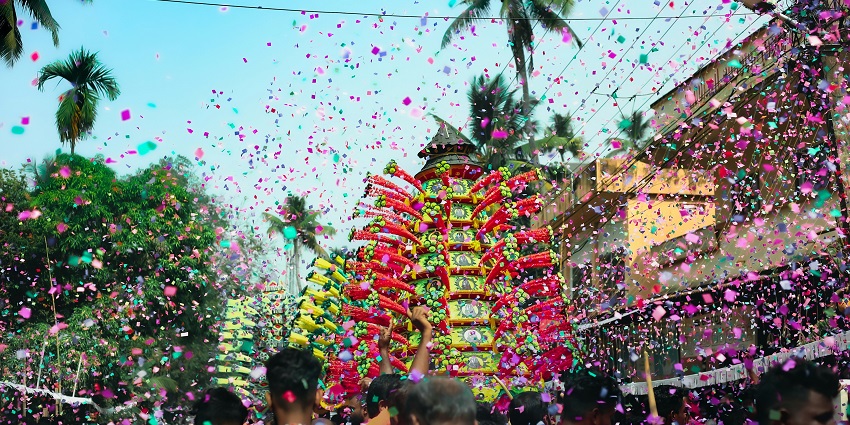
Photo: Picnu / Unsplash / Image For Representation Only
Tabuik is a vibrant Shia-influenced festival celebrated by the Minangkabau people in Pariaman, Indonesia, honoring Imam Hussein’s martyrdom. Central to the event are towering funeral bier sculptures, paraded with emotion and accompanied by intense drumming and orchestras. The climax comes as the Tabuik is cast into the sea, symbolizing renewal. Though rooted in mourning, the festival radiates communal strength and spiritual relief, enriched by storytelling and performances that highlight its deep cultural and religious significance.
Location: Pariaman, West Sumatra
Celebrated On: Muharram (Islamic calendar)
Key Activities: Tabuik effigy processions, music, sea ritual
Festivals in Indonesia are more than cultural gatherings—they’re powerful expressions of identity, history, and faith. Rich in spiritual, religious, and social meaning, each celebration connects people with God, community, and nature. Amid growing modernisation, these festivals stand as vital reminders of the nation’s cultural depth. For those eager to witness this vibrant heritage, planning a trip with TripXL offers a seamless way to explore Indonesia’s most meaningful and memorable festivals.
Cover Photo: Aditya Nara / Unsplash / Image For Representation Only


 WhatsApp
WhatsApp
 Twitter
Twitter









